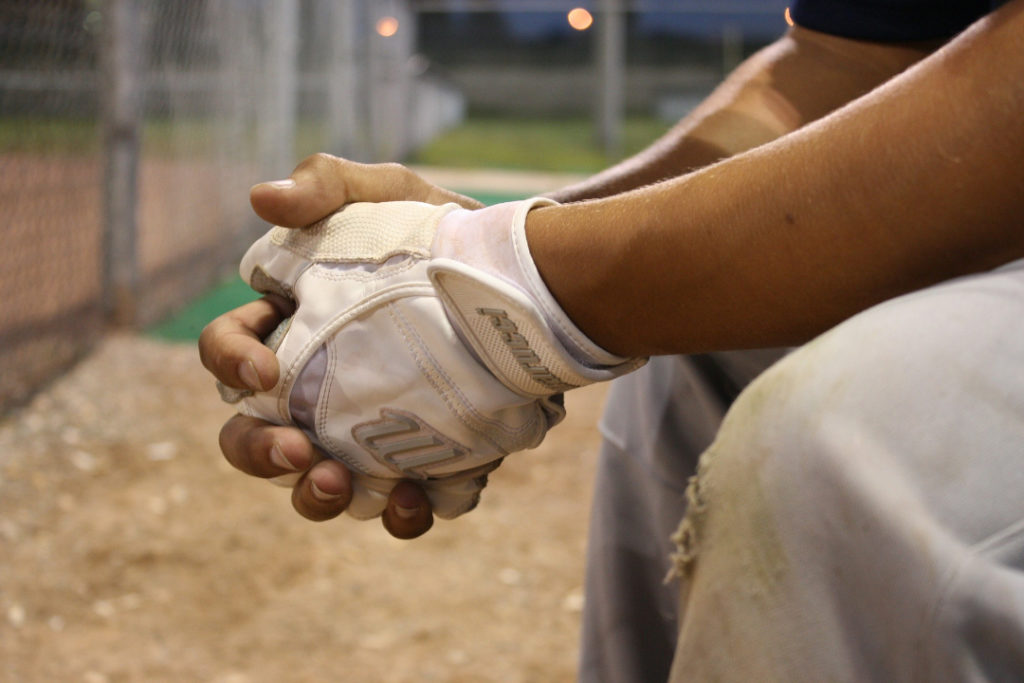
Contents
Causes of Hands Falling Asleep
Improper sleeping posture: Sometimes the cause of a tingling hand or arm is simply the result of sleeping on your arm or hand for a long period of time, which can disrupt the circulation and nerve pathways to that part of the body. The flow of blood is restricted when the arteries are compressed, which results in failure of the nerves in the arm to send proper signals to your brain. Ulnar nerve entrapment: The ulnar nerve runs from under the collarbone down the inside of the arm. When the nerve is compressed, the hand can become numb and the nerve stops functioning in a healthy way. When you sleep, you may keep an elbow bent. This can put pressure on the ulnar nerve for an extended period and can worsen the symptoms if you have ulnar nerve entrapment.” The cause of ulnar nerve entrapment isn’t always immediately known, but some causes include swelling of the elbow, which may be due to many conditions including arthritis, cysts, prior fractures in the arm or bone spurs. Stroke: A stroke occurs when blood does not get to the brain. This can be as a result of hemorrhage of the cerebral artery or blockage of the vessel that supplies blood to the brain. It is reported that most stroke cases occur during the night when one is asleep. The major symptom of a stroke is a tingly feeling of numbness on one side of the body. You will also experience headache, disorientation, difficulty in speech and understanding conversation. If you experience arms falling asleep when you wake up, check for other stroke symptoms. Vitamin B deficiency: A vitamin B deficiency may result from an incorrect or deficient diet. The consequences of this deficiency are often overlooked and include continued fatigue, skin paleness, and drowsiness. Others symptoms include numbness and tachycardia sensations in the legs and hands especially at night. Carpal tunnel syndrome or tendinitis: With pressure to the nerve in your wrist joint, these problems can cause hands to experience a tingling sensation and a loss of sensation that may be more pronounced early in the morning. Type 2 diabetes: Feet, hands and arms might fall asleep as a result of diabetes as it is a common cause for peripheral neuropathy (disease affecting nerves, which may impair sensation, movement, gland or organ function, or other aspects of health, depending on the type of nerve affected), which may lead to symptoms first appear in feet that will gradually go up to affect both hands and arms. The falling asleep can happen at any time even when you are relaxed and awake like when working on the computer. Monotonous repetitive work: Manual work such as sewing, typing, using scissors and other tools overload the wrists and affect the nerves in the hands. Bending and unbending motions overload the wrist and lead to pain when the wrist relaxes at night. Tendons and nerves release pressure intensely when relaxed. History of surgery: If you have arthritis or you have recently had surgery done on your arm, your nerves might be damaged or irritated resulting in arms falling asleep. Other causes of numbness include spinal cord injury, ganglion cyst, Raynaud’s disease, syphilis, amyloidosis, chronic alcohol use, Lyme disease, HIV/aids, peripheral neuropathy, Guillan-barre syndrome, brachial plexus injury, cervical spondylosis, sclerosis, vasculitis, and syringomyelia.Remedies for Hands Falling Asleep
- Exercising such as walking, jogging or swimming daily to increase your blood circulation and reduce the risk of your arm falling asleep.
- Avoid placing your arm or hand below your head or any part of the body when sleeping. Avoid hanging your arm down the bed, since it can lead to tingling and numbness. Try to sleep in a different position.
- Take breaks when performing work that requires repetitive movements like typing, clicking a computer mouse, knitting, or hammering. Rotate your shoulders and wrists occasionally.
- To improve blood circulation immerse your arm/hand in hot or cold water or wrap the affected arm/hand with a hot or cold towel for relief.